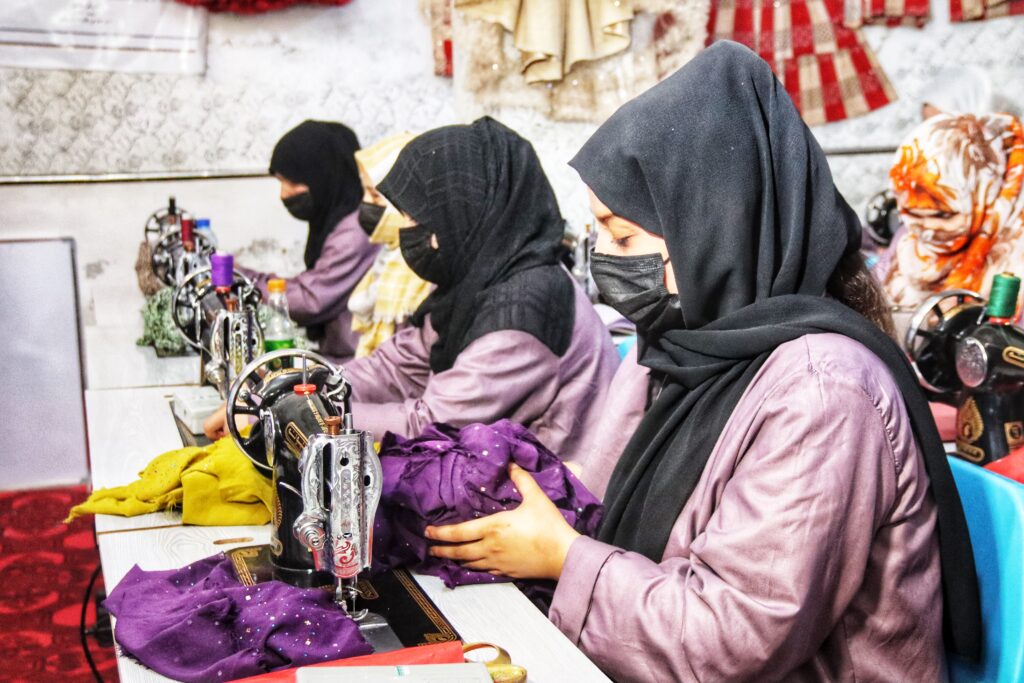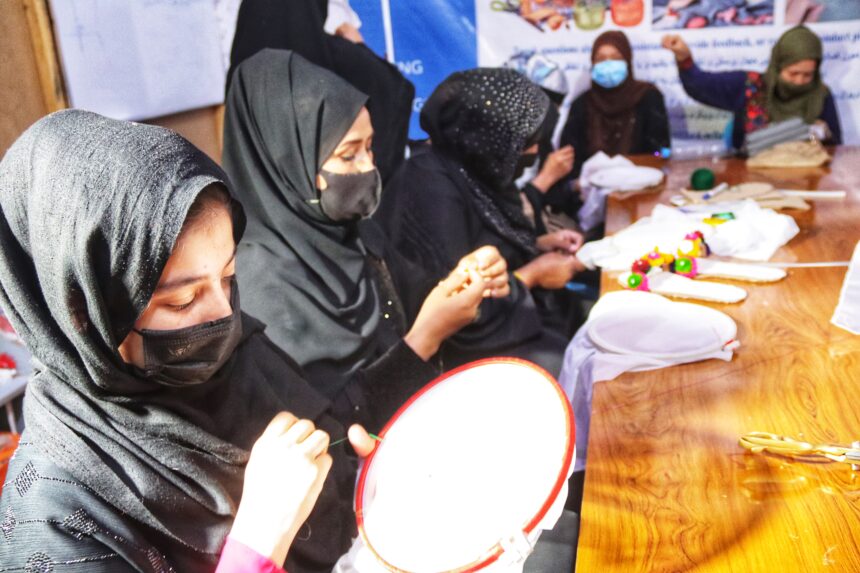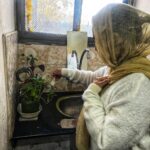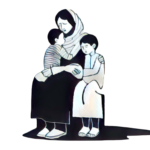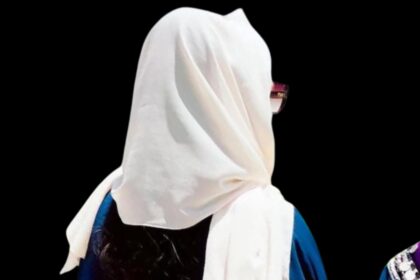Amid Taliban restrictions, resilient Afghan women are carving out livelihoods through employment while continuing their fight for access to schools and universities.
Baghlan’s Women Turn Challenges Into Opportunity—But Won’t Stop Fighting for Education
In the face of economic hardship and oppressive restrictions, women in Afghanistan’s Baghlan province are refusing to be silenced. Through vocational training and entrepreneurship, they are securing incomes, supporting families, and proving their indispensable role in society—all while amplifying their calls for the right to education.
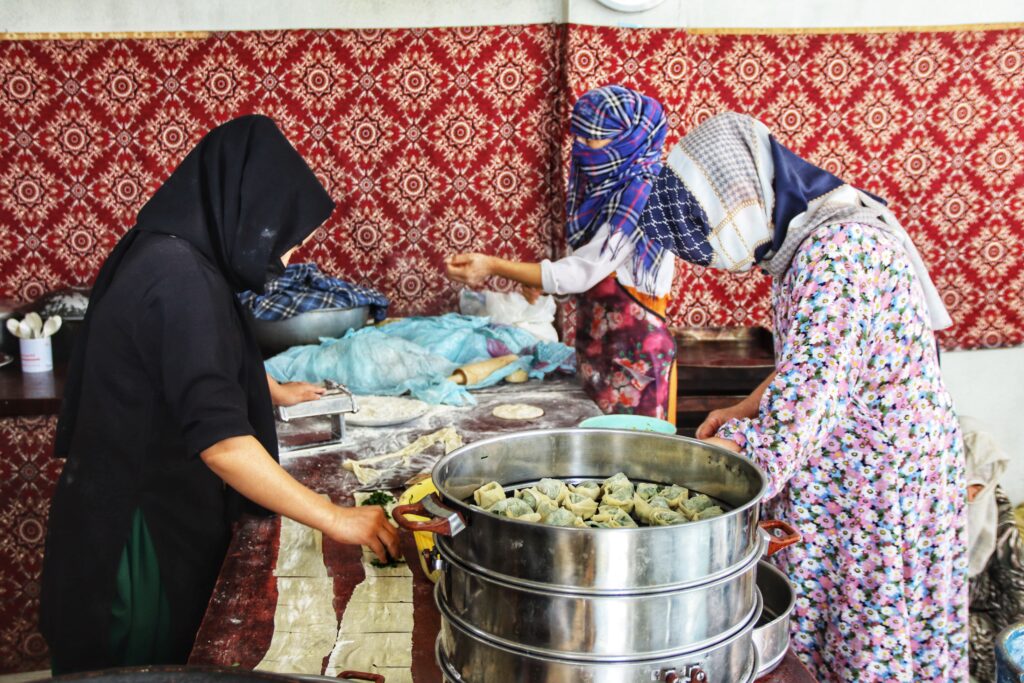
Stories of Resilience & Resistance
Najiba Sherzai: Sole Provider & Education Advocate
Najiba Sherzai, the only breadwinner for her family, uses her tailoring income to care for her disabled brother. Grateful for the skills she’s gained, she remains unwavering in her demand for girls’ education. “Work feeds us today, but education will feed our future,” she says, directly challenging Taliban policies.
Parwana: From Student to Seamstress
When the Taliban closed schools to girls and women in September 2021, Parwana didn’t wait. She now works in a tailoring workshop, turning hard times into action. “I had to work,” she says. “But I still hope to go back to school.”
Fatima: A 12th-Grade Graduate Fighting for More
Fatima was preparing for university entrance exams when the Taliban banned higher education for women in December 2022. Now sewing in a factory, she refuses to give up: “They took my classroom, but not my voice. We will keep demanding our right to learn.”
Taiba: A Widowed Mother of Nine Leads by Example
Taiba supports her entire family through her tailoring work—including her children’s schooling. “If I don’t work, we don’t eat,” she says. “But Afghan women deserve both jobs and education.”
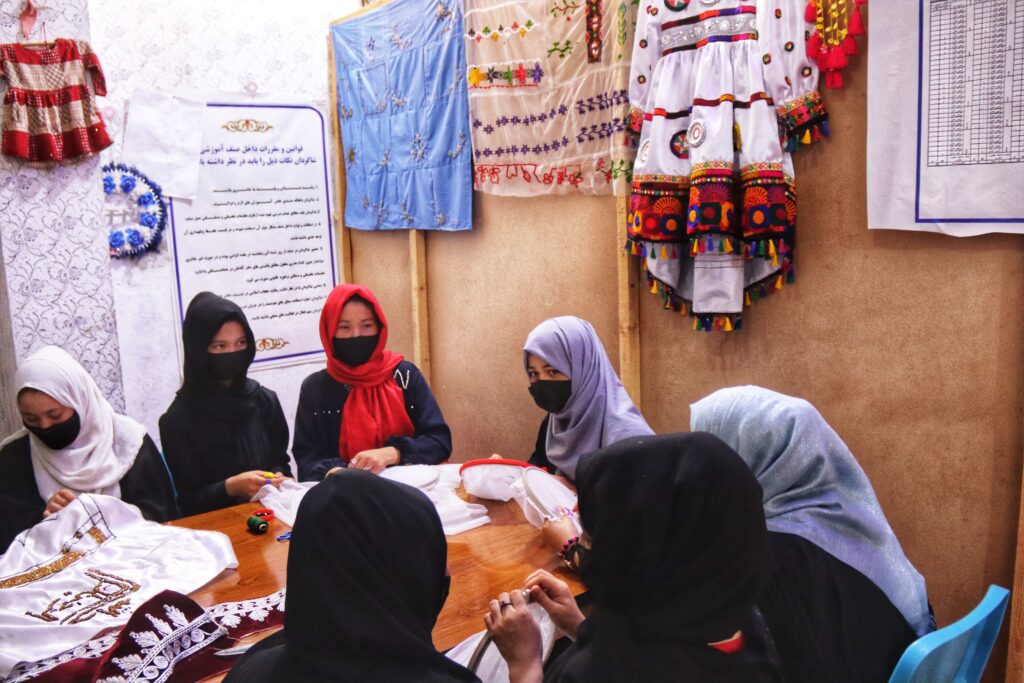
Women-Led Initiatives Pave the Way
Angiza Panah: Factories as Feminist Spaces
Angiza Panah, a factory owner, has trained 63 women in tailoring and numeracy with NGO support. “We’re proving women can thrive when given opportunity,” she says. “But skills alone aren’t enough—they deserve books, too.”
Hamida Seddiqi: A Network of 2,000 Entrepreneurs
Hamida Seddiqi represents Baghlan’s women entrepreneurs, who dominate industries from carpet-weaving to food production. Half were forced out of school—yet they persist. “Our hands work, but our minds hunger for education,” she asserts.
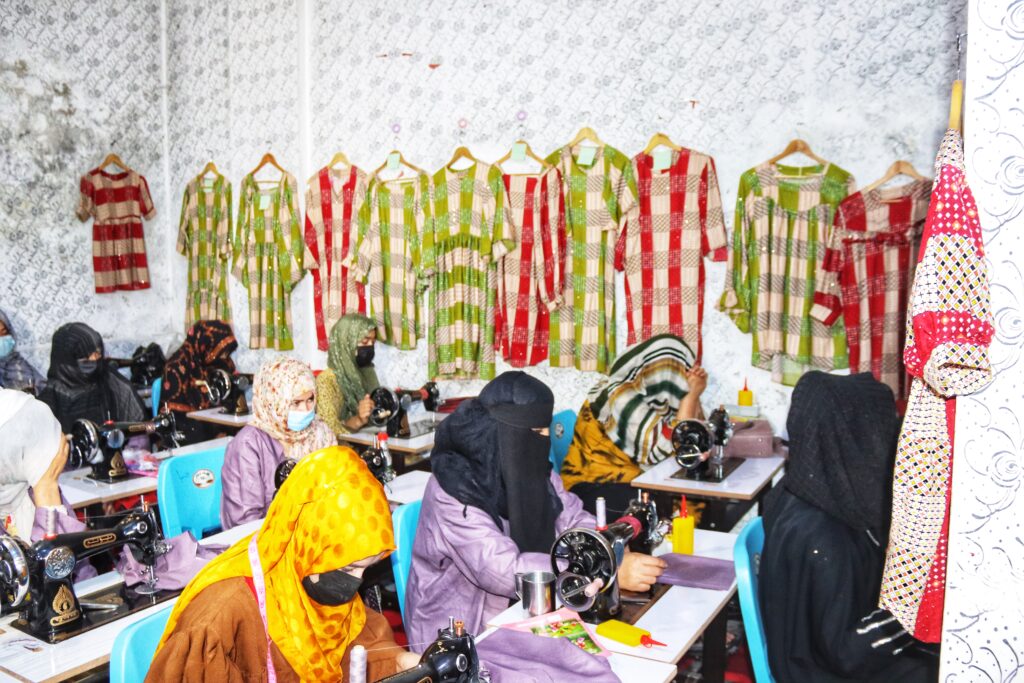
The Unrelenting Barriers
Despite their strides, Baghlan’s women face brutal realities:
- Segregated, surveilled workplaces where they must cover their faces.
- Harassment by Taliban soldiers during commutes, with some pressured to quit jobs.
- Poverty wages ($50–$100/month) that barely sustain families.
- The crushing ban on education, cutting off long-term hope.
A Unified Demand: “Let Us Learn, Let Us Work”
These women’s message is clear: Employment is survival, but education is liberation. Their defiance shines through every stitch sewn, every product sold—and every protest, spoken or silent, against injustice.
As Najiba puts it: “We will keep rising. And we will never stop demanding what’s rightfully ours.”
